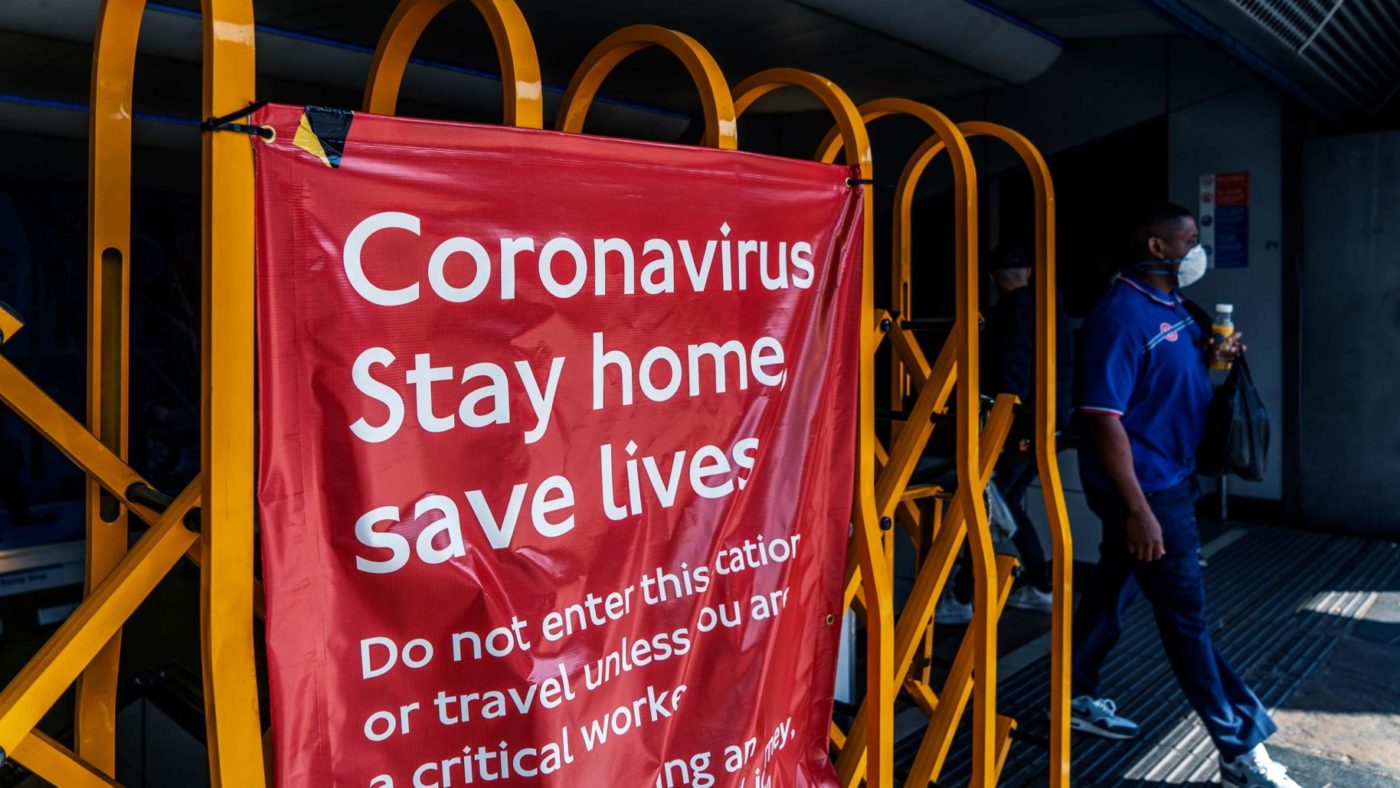We will get through this crisis, albeit at a far higher human and economic cost than necessary. We will prepare better for future pandemics. It need not cost much, if we do it in advance. But the biggest risk now is failing to address the fundamental reason why the virus hit us so badly.
Partly we were unlucky this time: having avoided SARS and MERS, we had not built the robust practices to test, trace and isolate that South Korea and Hong Kong learned in those epidemics. But in the time since SARS we also failed to learn the lessons of what other countries had shown was possible.
And it could also have been far worse. A disease as insidious as HIV but contagious as COVID-19 might easily kill one in ten of your friends.
We had glibly assumed that a SARS-type crisis was unlikely here, despite the predictions of many virologists. And we had no effective system to update that assessment in real time, or to react promptly when each day’s delay meant additional thousands of deaths by the end.
Previous crises have stemmed from banks, volcanoes, wars, BSE, and other tail risks. The only safe bet is that the next crisis will probably be radically different to this one. Preparing better for another pandemic, as we must, will not help us with an electromagnetic pulse attack or a coronal mass ejection.
The fundamental lesson from this pandemic is that we may also be woefully unprepared for many other potential risks, even if they have made it onto the National Risk Register. What this crisis has shown, all too painfully, is our total lack of good long-term ways to ensure that we are as ready as we can be for the next crisis – whatever it is.
If we don’t fix that fundamental frailty of our institutions, we will go on repeatedly bolting the stable door after the last crisis and being caught with our pants down by the next.
We now know the National Risk Register process is deeply flawed. The risk monitoring system works badly. There are no external checks on the estimated chances, which were wildly wrong for this pandemic; no prediction markets; no superforecasters. There is apparently no effective mechanism to monitor policy options shown to work in other places, nor any permanent and robust challenge function at the top of government when a potential risk arrives. There is no process to ensure regular readiness exercises for each risk and to publish the results, however inconvenient. Exercise Cygnus showed we were not even ready for a flu pandemic, one of the milder scenarios, but its results were quietly buried and the gaps were not fixed.
Most fatally of all, there is no-one with strong incentives and the power to find the flaws in the process and publicize them.
Foreseeable but rare disasters are always a problem in a democracy. Politicians are always forced to spend most of their energy on the short term. The only sure remedy is guaranteed sunlight and bulletproof independent structures of clear long-term incentives, feedback and responsibility to test our readiness.
No article can give a complete solution. But we clearly need a permanent process to improve the process. A good start might be an independent Chief Risk Officer, reporting regularly to Parliament, the Privy Council and Cabinet, with the powers and resources to assess and test how ready we are and suggest improvements to the national risk and emergency processes. They should be asked to include prediction markets and other external warning signs wherever possible.
The appointment process should ensure the most talented person available, paid as much as anyone in Government. There is a reason why Goldman Sachs pays its risk officers so much, and gives them such high status. In fact, any bank with no Risk Officer would be shut down by the government. But surely the government needs one even more?
In a way, the housing crisis and the planning system show the same inability to even think about the fundamental problems. For decades we have failed to fix the underlying causes of the housing shortage. Instead, we implement knee-jerk responses to the superficial issues of the last headlines. After fifty years of screaming about its failures, we have a patchwork of kludgy and botched attempted fixes, attaching ever more tortuous workings to a machine conceptually broken at its core. Friends tell me there is a similar systemic problem within our hospitals. Who knows what other fundamental problems lurk.
This crisis will leave a once in a generation opportunity to find the collective will to rise above the endless cycle of short-term, short-sighted responses. We have a chance to think profoundly and act systemically to build and test permanent government structures to ensure we are prepared to dodge the easily avoidable mistakes in future crises, whatever hits us. We must seize that chance.
Click here to subscribe to our daily briefing – the best pieces from CapX and across the web.
CapX depends on the generosity of its readers. If you value what we do, please consider making a donation.


